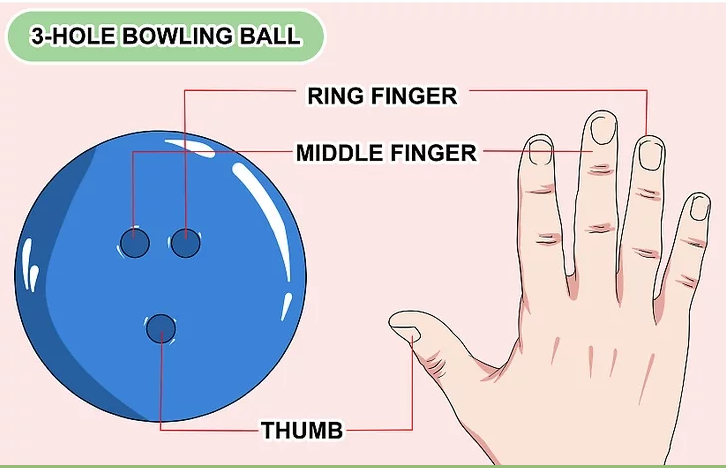Having a furry companion can bring immense joy to your life, but what happens when your neighbor starts harassing you about your beloved dog?
This article will guide you through the steps to handle such a situation with poise and diplomacy. We’ll explore strategies to resolve conflicts amicably, ensuring both you and your neighbor can coexist peacefully.
My Neighbor is Harassing Me About My Dog
When faced with harassment over your dog, initiate a calm and open conversation with your neighbor to understand their concerns. Actively listen and empathize with their perspective. If necessary, take steps to address any legitimate issues, such as training your dog, maintaining a clean environment, or using noise control measures.
Familiarize yourself with local pet ownership laws and, if communication breaks down, consider mediation services or involving local authorities to resolve the dispute amicably. Building a positive neighborly relationship is key to finding a mutually acceptable solution.

Table of Contents
Understanding Your Neighbor’s Perspective
Before delving into the steps to address the issue, it’s essential to empathize with your neighbor’s concerns. Often, their complaints may stem from genuine worries, such as noise disturbance or pet-related issues. Acknowledging their viewpoint can lay the foundation for a constructive resolution.
Communicate Openly
Engaging in a Heartfelt Conversation
The first and most crucial step is to initiate a conversation with your neighbor. Choose a suitable time and place for a friendly discussion. Express your willingness to address their concerns and find common ground. Listen actively and avoid being defensive.
Addressing Specific Concerns
During the conversation, inquire about the specific issues bothering your neighbor. Are they worried about your dog’s barking, potential damage, or hygiene? Understanding their precise concerns will help you tailor your response.
Training and Behavior Management
Dog Training Classes
Consider enrolling your dog in professional training classes. This can help improve your dog’s behavior, reducing the likelihood of complaints from your neighbor. Training also strengthens your bond with your furry friend.
Behavioral Modification
If your dog exhibits problematic behavior, consult a professional dog trainer or behaviorist. They can provide personalized solutions to address issues like excessive barking or aggressive tendencies.
Maintain a Clean and Safe Environment
Regular Grooming
Keeping your dog clean and well-groomed not only benefits their health but also reduces potential concerns your neighbor might have about hygiene.
Secure Fencing
Ensure your property has secure fencing to prevent your dog from wandering into your neighbor’s yard. This will help alleviate any concerns about territorial disputes.
Noise Control Measures
Anti-Bark Collars
Consider using anti-bark collars that emit a gentle correction when your dog barks excessively. These collars can be an effective tool to address noise complaints.
Create a Quiet Zone
Designate an area in your home where your dog can relax quietly without disturbing your neighbor. This can be a cozy corner with their bed and toys.
Legal Recourse
Familiarize Yourself with Local Laws
Research local laws and regulations regarding pet ownership. Understand your rights and responsibilities as a dog owner in your area.
Common Laws Regarding Pet Ownership
Here are eight common laws regarding pet ownership in relation to neighbors in point form:
- Noise Ordinances: Many jurisdictions have noise ordinances that restrict excessive barking or noise caused by pets during specific hours to maintain peace and quiet in residential areas.
- Leash Laws: In populated areas, dogs are typically required to be on a leash when in public spaces to ensure the safety of neighbors and other pets.
- Pooper Scooper Laws: Pet owners are often mandated to clean up after their pets in shared public spaces to prevent hygiene issues and maintain neighborly relations.
- Nuisance Laws: These laws address pets that create a disturbance or nuisance to neighbors, such as constant barking, aggressive behavior, or property damage.
- Animal Welfare Regulations: Laws may require pet owners to provide proper care, shelter, food, and water to ensure the well-being of their pets, which can impact neighbors’ concerns about animal neglect.
- Restrictions on Dangerous Breeds: Some areas have restrictions or bans on owning specific breeds considered dangerous to protect the safety of neighbors.
- Property Damage Liability: Pet owners may be held responsible for any damage their pets cause to their neighbors’ property, such as digging in gardens or scratching fences.
- Limit on Number of Pets: Zoning laws or homeowner association rules may limit the number of pets a household can have, which can affect neighbors if the limit is exceeded.
These laws aim to strike a balance between allowing individuals to enjoy their pets and ensuring that pets do not infringe upon the rights and well-being of neighbors and the community.
Laws can vary by location, so it’s essential for you to be aware of and comply with local regulations.
Mediation Services
If communication with your neighbor breaks down completely, consider seeking mediation services or involving local authorities to resolve the dispute peacefully.
Conclusion
In dealing with neighbor harassment concerning your dog, open communication, understanding, and proactive measures are key. By addressing concerns, training your dog, and maintaining a clean environment, you can mitigate issues and foster better neighborly relations.
Frequently Asked Questions
Can my neighbor legally force me to get rid of my dog?
No, your neighbor cannot force you to get rid of your dog unless there are valid legal reasons, such as severe aggression or violations of local regulations. It’s essential to know your rights and seek a fair resolution.
What if my neighbor’s complaints are unreasonable?
If your neighbor’s complaints seem unreasonable, try to have a calm and rational discussion to understand their perspective better. Finding middle ground is often the best approach.
Are there noise ordinances for dogs in my area?
Noise ordinances for dogs vary by location. Check with your local municipality to learn about any specific regulations regarding barking or noise disturbances.
What should I do if my dog is excessively barking?
If your dog is barking excessively, consider professional training, anti-bark collars, or consulting a veterinarian to rule out any underlying medical issues.
How can I maintain a positive relationship with my neighbor despite these issues?
To maintain a positive relationship with your neighbor, prioritize open communication, respect their concerns, and take proactive steps to address any issues related to your dog. A good neighborly relationship is valuable for everyone involved.








